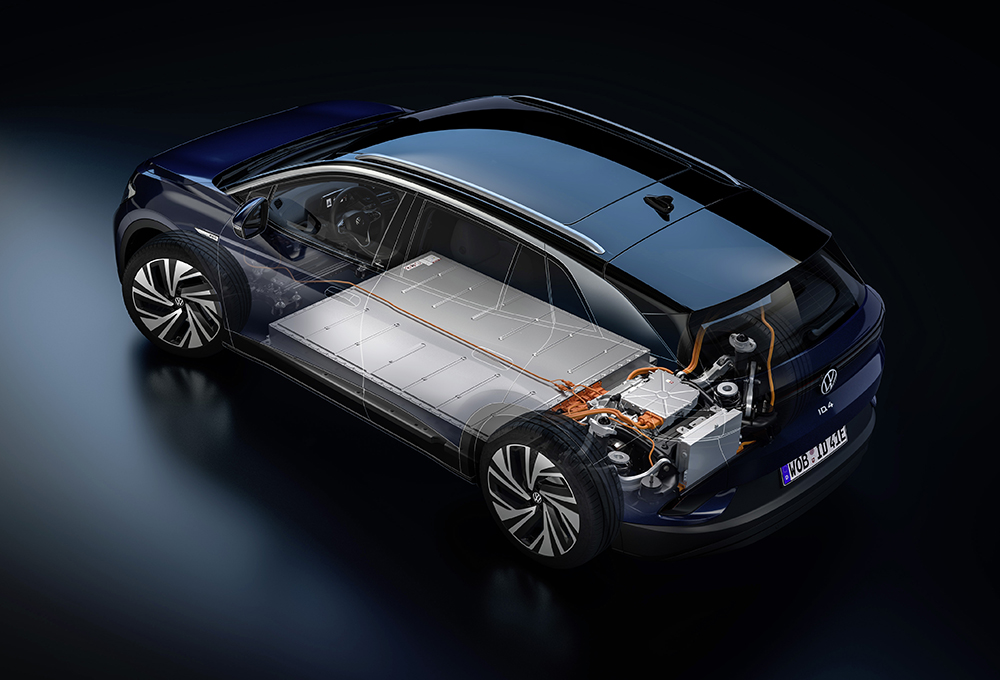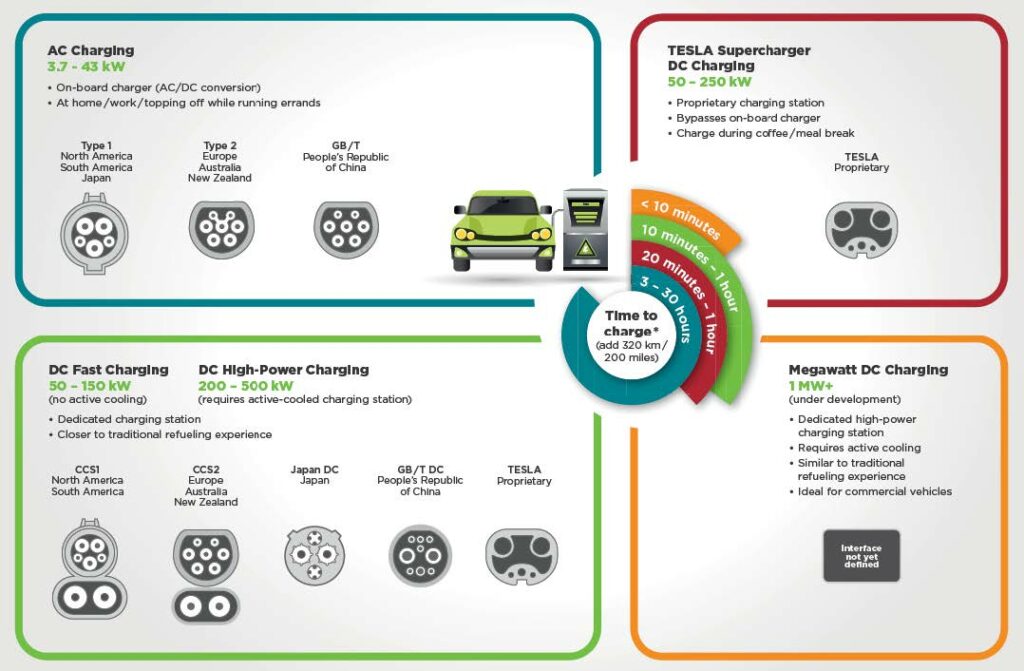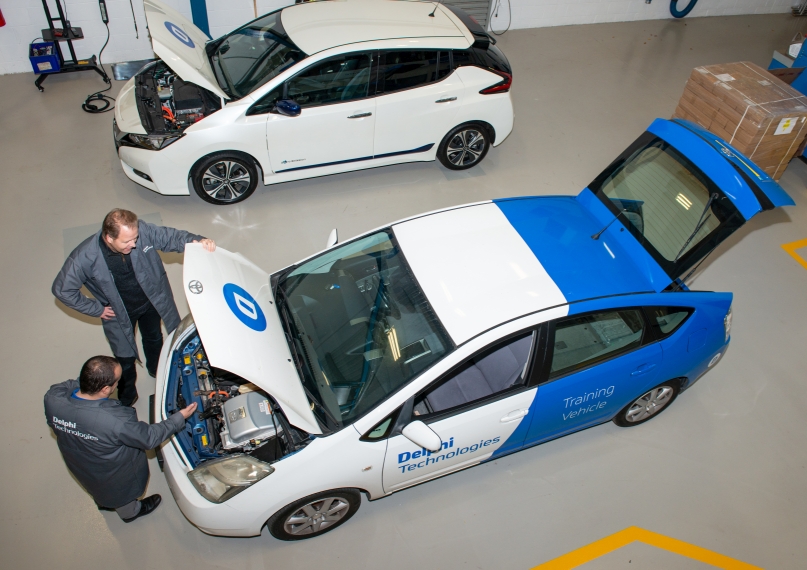How much labour cost to replace a battery?
The work involved to remove and replace a battery pack varies considerably between manufacturers (as it would with removing and replacing an engine). Some can be done in a few hours, some it may be a day. Labour rates vary a lot but £300 to £900 could be a ballpark figure
What is the cost of a replacement battery?
Again, this very much depends on the manufacturer and the size of the battery pack – as it would with an engine! A complete battery pack replacement is expensive; up to £15,000 for the largest batteries. However, note my comments in last month’s article about repairs instead of replacement, high voltage packs are made up of cells and it almost certainly will not be necessary to replace the whole pack.
Battery cost is coming down quickly as manufacturers build more EVs. A recent Bloomberg study found that EV batteries cost about £1,000 per kWh in 2010 and £120 per kWh in 2021. As EV manufacturing grows, battery replacement (and repair) will become much cheaper.
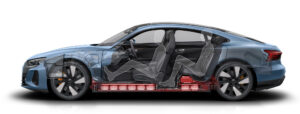
Battery (Source: Audi Media)
What will be the resale value of, say, a 7 year old EV?
This is difficult to answer because it depends on many factors, as it does with a petrol or diesel car. The market is still young so there is not much data to work with. However, evidence suggests that as confidence grows (and the charging network grows), EV resale values will be at least comparable with the depreciation of petrol and diesel cars, and in many cases the EVs hold their value better.
According to the AA, the average new car will have a residual value of around 40% of its new price after three years (assuming 10,000 miles/year) or in other words will have lost around 60% of its value at an average of 20% per year. My own electric vehicle has lost about 60% but after five years, so is much better than the equivalent internal combustion vehicle.
What level of digital literacy is needed to operate and run an EV?
This is an area that is often overlooked. I would suggest it would be almost impossible to operate an EV (unless just within the vehicles range from home perhaps) without good digital skills, internet access and a smartphone. This is because most things are registered online and to activate some chargers, a phone app is the only way they will work.

Charger and a smartcard reader
End note
This series of six articles has been a ‘back to basics’ for EVs. I know many people still don’t like them but they are a significant step forward in the battle against climate change. Maybe you think hydrogen is the future? Maybe we will look at that in the next series! In the meantime here are some very important figures comparing a pure EV and a hydrogen car:
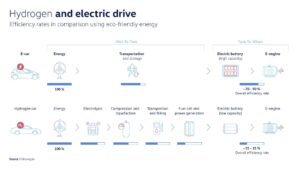
Hydrogen vs EV energy use (Source: Volkswagen Media)



